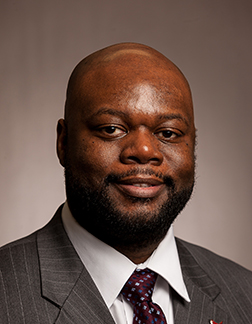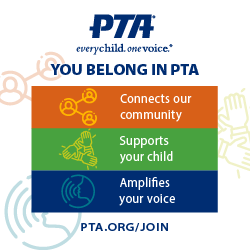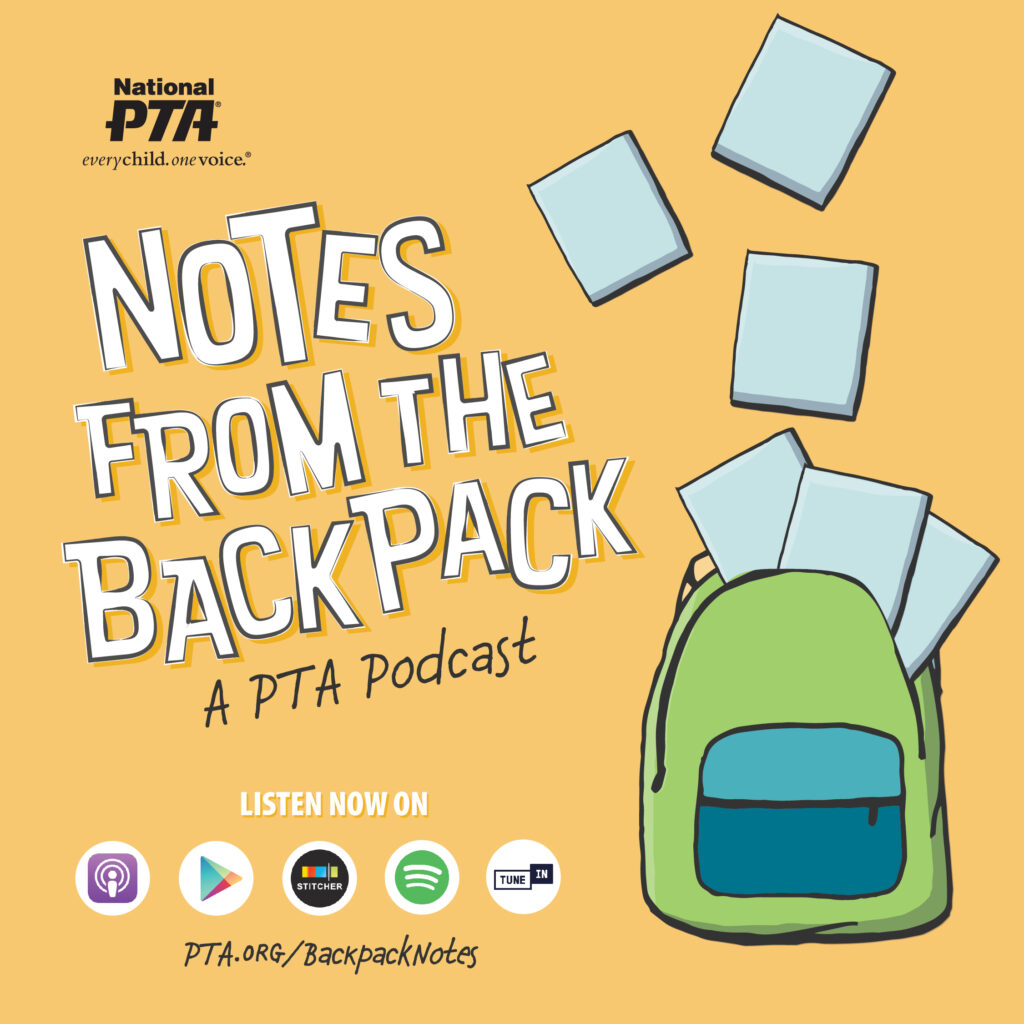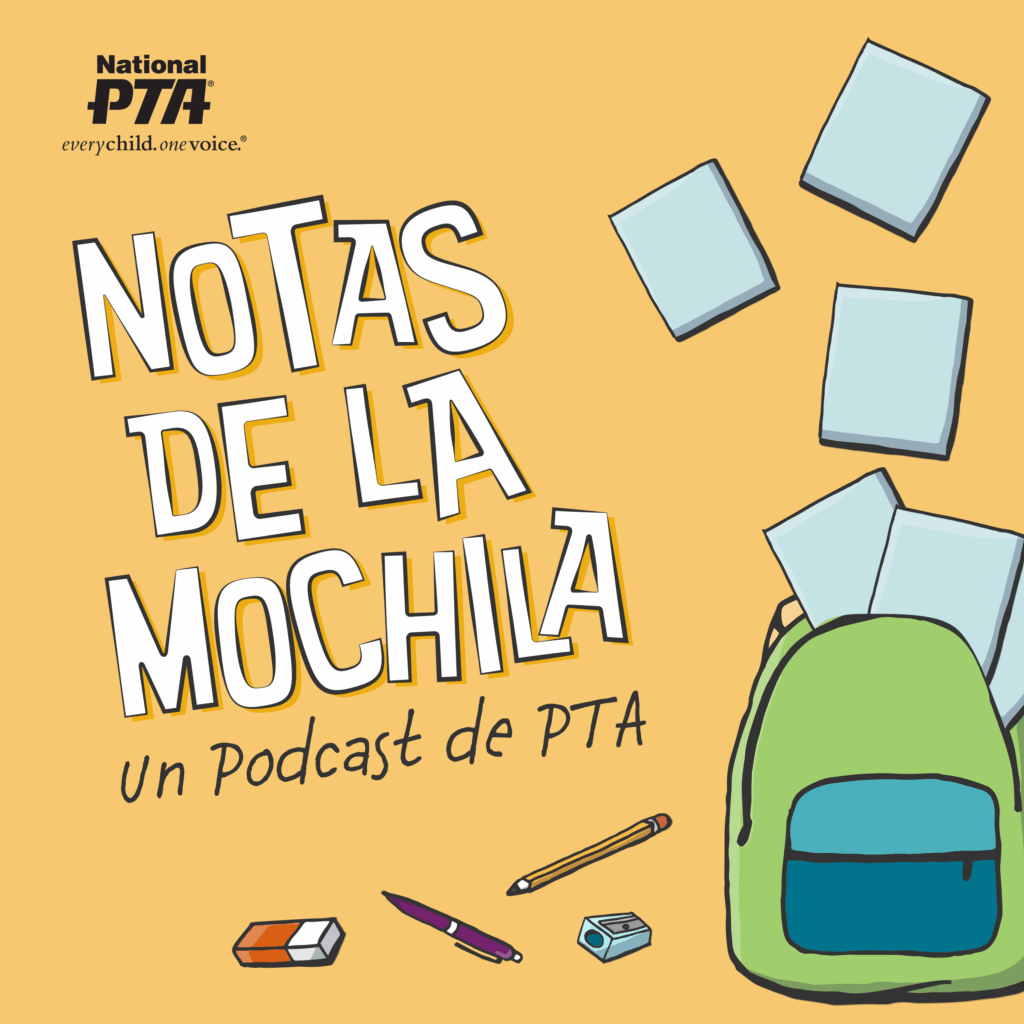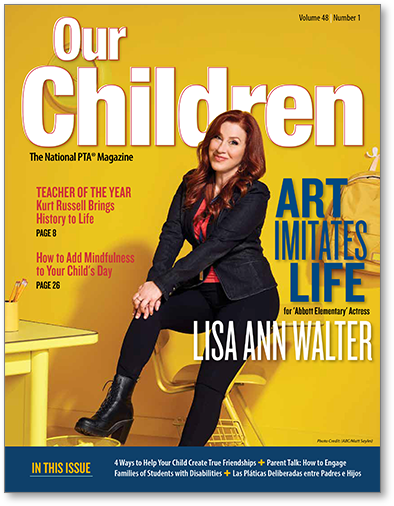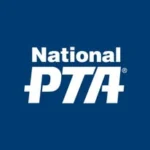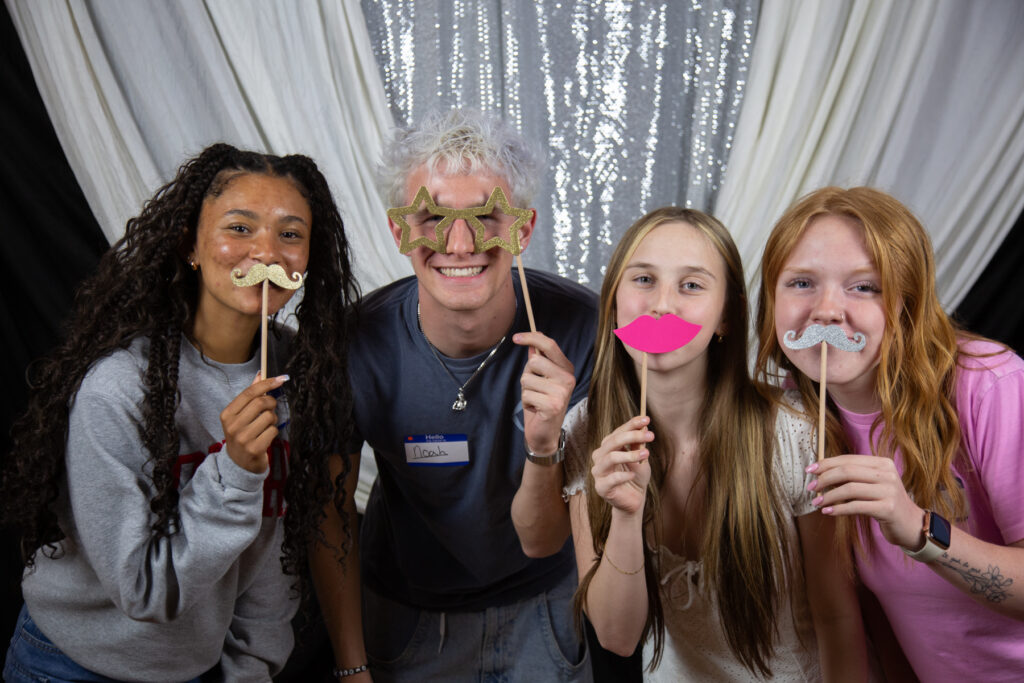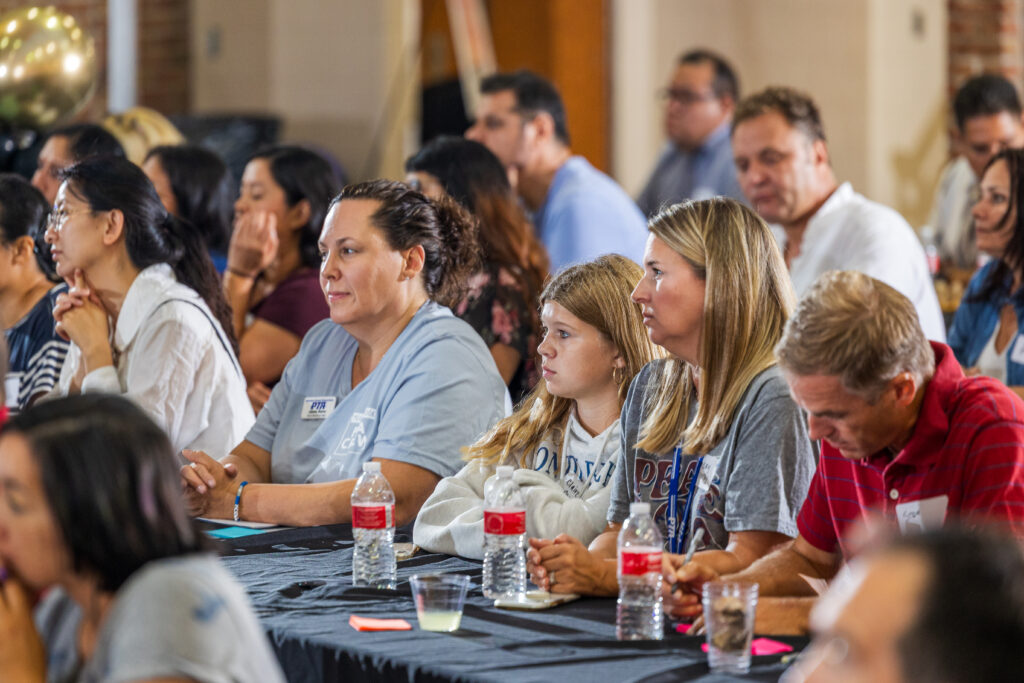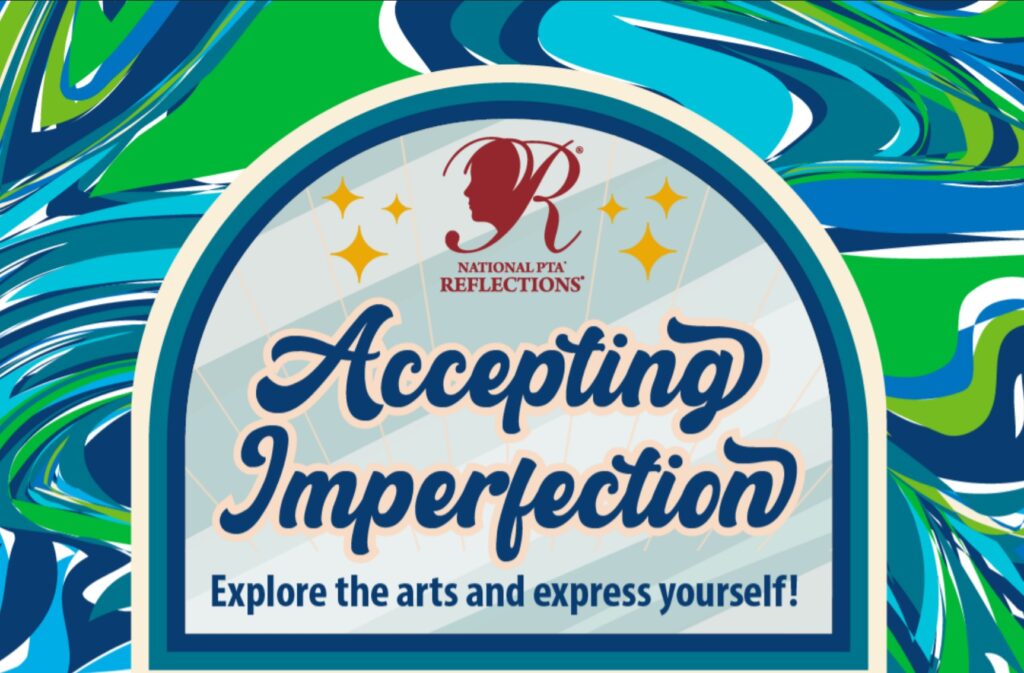Donald Barringer has two passions—literacy and education. And it shows in the breadth of his work as a North Carolina PTA Board Member, PhD student, University Program Associate, youth mentor, former Teacher Advisor to North Carolina Governor Bev Perdue and former elementary school teacher.
What is your “WHY” story? Why and how did you get involved with PTA?
My mother was involved in school and PTA from elementary to high school. Her experience was so positive that when I had the opportunity at my high school, I joined and became active with our PTSA. In 2002, when I began my career as an educator, I was reminded of my mother’s volunteer work and my own PTSA involvement and decided to become a member of my local PTA.
What did your family do to foster a love of reading?
My mother is a reader and created a culture of reading within our house. As a child, I remember her reading everywhere. She had bookshelves of books in the living room, read magazines when I would go to get my haircut in
the barbershop and she would purchase books for me and my siblings as well.
So much of your professional and volunteer work is centered around literacy. Why is literacy important to you?
The Marines coined the saying, “If you can read this sign, thank a teacher.” As an
educator, I’ve seen students come to me in the second grade, however they are reading on a kindergarten level. Research from many literacy studies shows that if a child does not know how to read by the third grade, they are expected to have additional struggles in life. It’s important that every student—young and old—is provided with the tools to help them succeed.
Oftentimes we point fingers at this school or at that parent for not doing what we expect—blaming them for a student’s literacy struggles. However, I believe the “see a need, fill a need” approach is much more productive and effective. So, whether it’s my younger family members, friends who have little ones or even adults who did not finish high school, I encourage doing any type of literacy activity together to help learn some of the basics of literacy.
What are a few books you would recommend to someone looking to gain insight into becoming a better PTA leader and mentor?
Good to Great, Who Moved My Cheese and Our Iceberg is Melting. These three books help us make our organizations better, but also help us to reflect on our own dispositions as leaders. It’s important to understand who we have within our organizations to help us work smarter and not harder.
How can PTAs best partner with schools to encourage more family reading?
Encourage literacy activities for all ages! Host a read-a-thon event or a drop everything and read event, turn on the closed captions on the TV or play games in the car, like reading road signs and billboards. PTAs can offer suggestions and tips to families, helping them learn ways they can incorporate literacy into their daily lives. For example, PTAs can include small literacy activities at their events or partner with teachers to provide literacy exposure sessions at their PTA meetings.
Tell us one of your most memorable experiences serving on the North Carolina PTA Board of Directors?
I was recruited to the North Carolina PTA Board of Directors after working as North Carolina Governor Bev Perdue’s Teacher Advisor. As I transitioned away from that role, I was approached to consider joining the board to help put the “T” back in North Carolina’s PTA. That following year, I worked with my fellow board members and teacher colleagues to plan a teacher training at the state conference. I also worked with our Student North Carolina Association of Educators organization to host a pre-service teacher training. Those two professional developments were great opportunities to partner with educators and
show them how PTA can help them, too.

